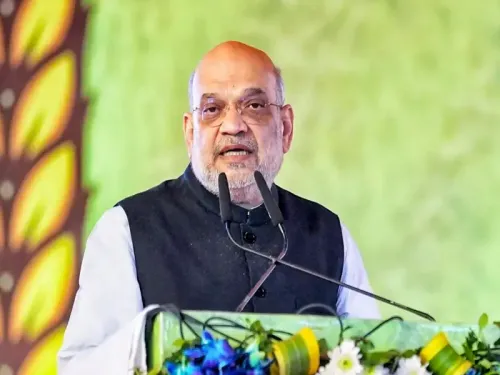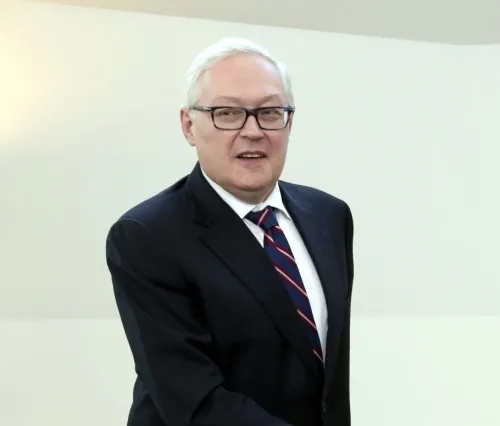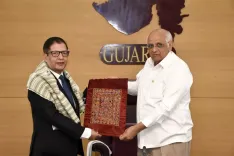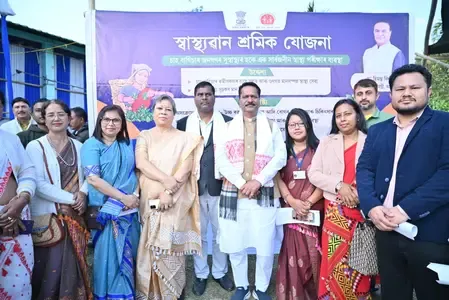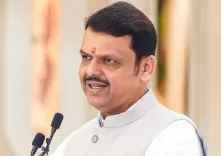Is the Confirmation Fee for CLAT-PG Too High? Delhi HC to Hear Challenge on July 17
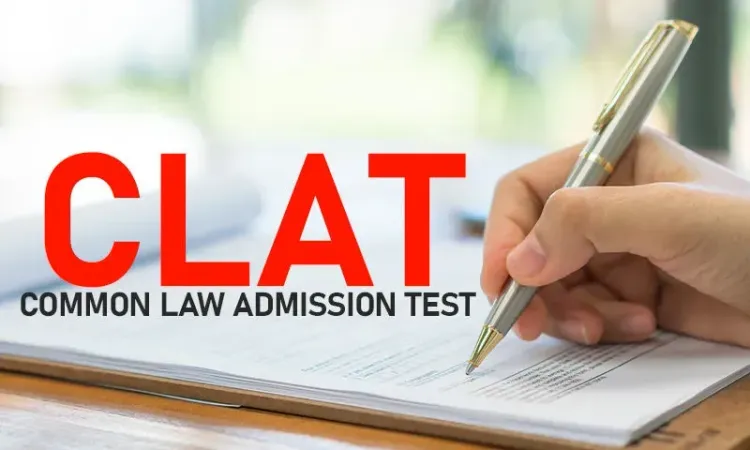
Synopsis
Key Takeaways
- The Delhi High Court is reviewing a petition on CLAT-PG fees.
- Concerns raised about the non-refundable confirmation fee.
- Petitioner claims the fee violates constitutional rights.
- Financial implications for students are significant.
- Next hearing scheduled for July 17.
New Delhi, July 2 (NationPress) - The Delhi High Court has provided additional time to the Consortium of National Law Universities (NLUs) for responding to a petition that contests the 'excessive' non-refundable confirmation fee required for the Common Law Admission Test (CLAT) postgraduate admissions. A bench led by Justice Vikash Mahajan has scheduled the next hearing for July 17 and has instructed both the NLUs and the University Grants Commission (UGC) to submit their counter affidavits.
Previously, a vacation bench under Justice Rajneesh Kumar Gupta agreed to review the plea that questions the 'arbitrary and excessive fees' imposed as non-refundable confirmation fees at each stage of the CLAT-PG counselling process. Notices were issued to various respondent authorities, including the Bar Council of India (BCI).
The petition, initiated by advocate Siddharth R. Gupta, argues that this non-refundable fee not only appears unjust but also infringes upon Articles 14, 19(1)(g), and 21 of the Constitution. It claims that the fee is enforced mechanically without considering the financial capability of numerous candidates participating in the counselling and admission process.
It further states that the 'excessive' non-refundable confirmation fee contravenes directives set forth by the UGC, which all NLUs are obligated to follow under the University Grants Commission Act, 1956.
The petitioner, Jatin Shrivastava, a successful candidate with a rank of 474 in the recent CLAT-PG results, has stated that he relies solely on an education loan to pursue his LLM degree, which will only be approved upon securing admission in an NLU. He highlighted that loan disbursements are strictly directed to the NLU and not the CLAT Consortium.
Despite facing financial challenges, the petitioner has already paid the necessary counselling fees of Rs 30,000. He aims to represent the numerous candidates who are also grappling with the burden of paying exorbitant fees ranging from Rs 20,000 to 40,000 for each round of counselling.


